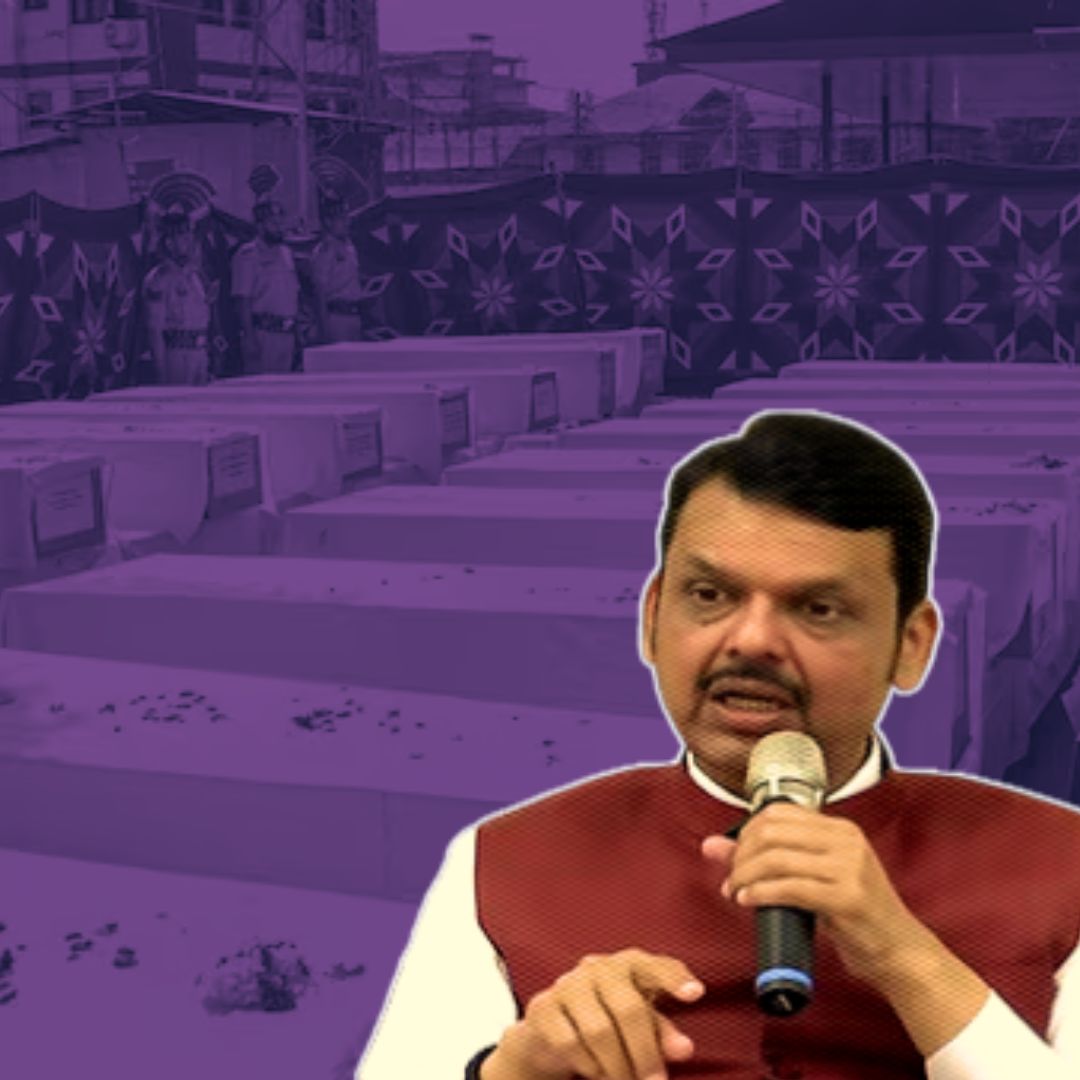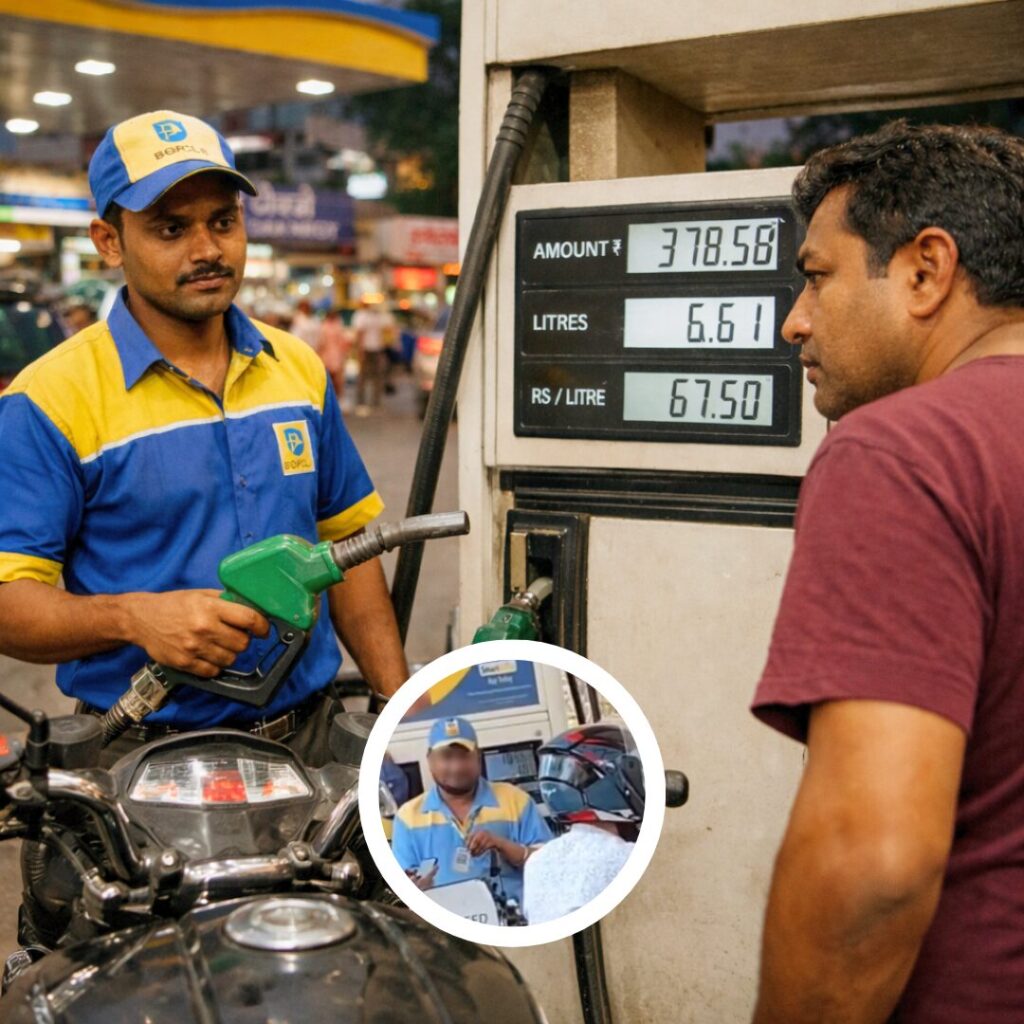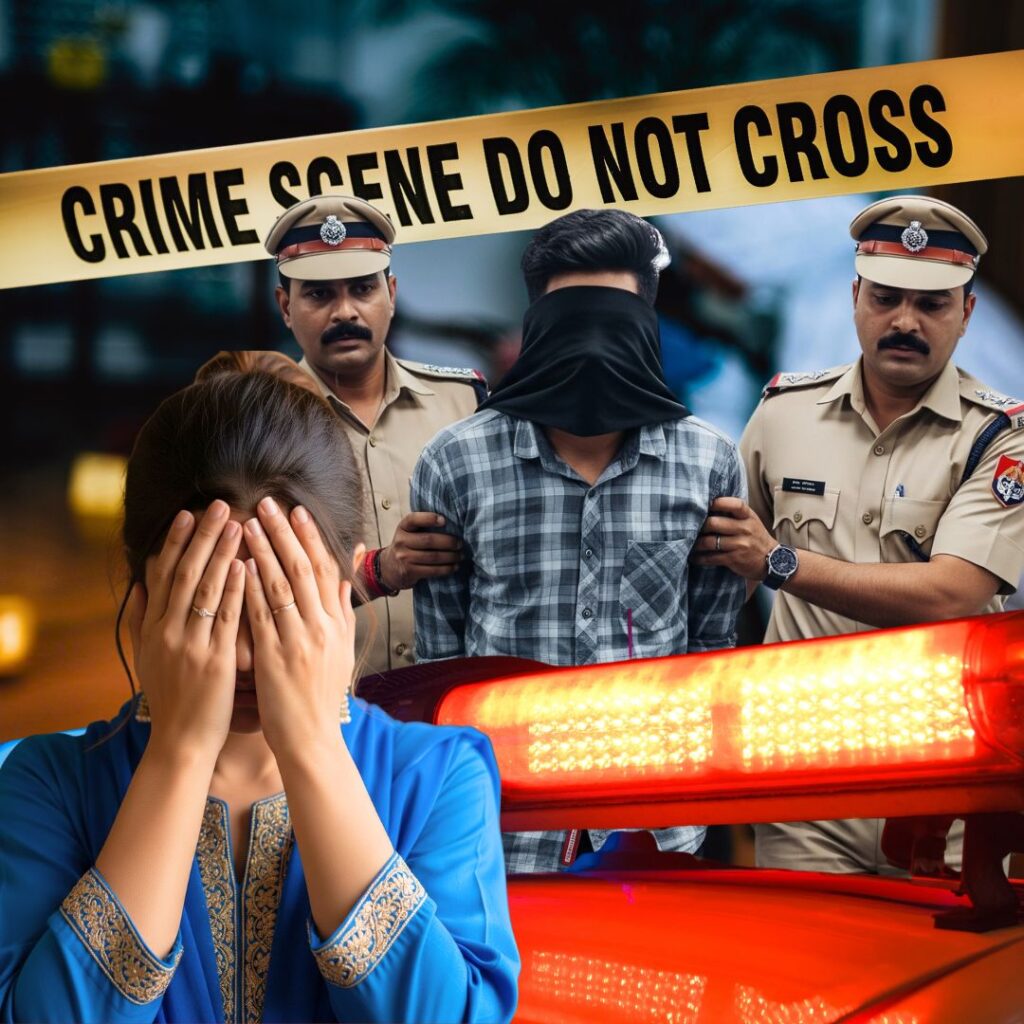Maharashtra Chief Minister Devendra Fadnavis announced ₹50 lakh ex gratia, government jobs, and educational support for families of six state residents killed in the 22 April 2025 Pahalgam terror attack, which claimed 26 lives nationwide.
Prime Minister Narendra Modi granted armed forces “complete operational freedom” to retaliate, as security agencies identified Hashim Moosa, a former Pakistani commando, among the attackers. Pakistan warned of “catastrophic consequences” amid escalating border skirmishes and India’s suspension of the 1960 Indus Water Treaty, while the UN urged restraint.
Compensation, Survivor Testimonies, and NIA Probe
The Maharashtra cabinet fast-tracked ₹50 lakh compensation, state employment for next of kin, and full educational sponsorship for victims’ children. Santosh Jagdale, a Thane resident who lost his brother, stated, “The job guarantee offers hope, but no amount of money fills this void.”
Eyewitness Adarsh Raut (Jalna) recounted a chilling pre-attack encounter: “They asked if I was Hindu before leaving abruptly. Later, I identified one in the NIA’s sketches.” The NIA is interrogating a zipline operator whose viral “Allahu Akbar” video, filmed near the attack site, is under scrutiny for potential links to the attackers.
Security Escalation and Geopolitical Fallout
Following a high-level security meeting attended by PM Modi, Defence Minister Rajnath Singh, and RSS chief Mohan Bhagwat, India suspended the Indus Water Treaty, diverting water from three western rivers (Chenab, Jhelum, Indus) to Punjab and Jammu.
Pakistan’s Foreign Minister Bilawal Bhutto called the move “an act of war,” while cross-border skirmishes erupted in Naushera, Sunderbani, Akhnoor (LoC), and Pargwal (IB) sectors. UN Secretary-General António Guterres urged “immediate de-escalation,” but India emphasized “zero tolerance for cross-border terrorism.”
Perpetrators, Retaliatory Measures, and Diplomatic Crisis
Security agencies identified three attackers, including Hashim Moosa, a former SSG commando from Pakistan’s Special Services Group, who allegedly targeted Hindu males after verifying their identities. The Resistance Front (TRF), linked to Lashkar-e-Taiba, initially claimed responsibility but retracted within hours.
India expelled two Pakistani diplomats for “espionage activities” and halted trade via the Attari-Wagah border, while Pakistan suspended the Simla Agreement, closed its airspace to Indian flights, and threatened “full-spectrum retaliation.”
The Logical Indian’s Perspective
While Maharashtra’s aid provides critical relief, the attack exposes gaps in Kashmir’s security infrastructure and risks derailing its tourism-driven economy, which employs over 700,000 locals. Militarized responses could deepen alienation in the Valley, yet inaction imperils civilian safety.
Can India pioneer a counter-terror model that integrates victim rehabilitation, community-led deradicalisation, and cross-border accountability? Let’s demand transparent investigations and diplomatic solutions that prioritize humanity over hostility.













